ERP系统包括多个模块,每个模块都涵盖了不同的业务功能。核心模块包括:财务管理(FM)、人力资源管理(HRM)、供应链管理(SCM)、客户关系管理(CRM)、生产计划与控制(PPC)。财务管理模块是ERP系统的核心之一,主要负责企业的财务报表、会计核算、预算管理等功能。财务管理模块帮助企业实现财务透明,提高财务数据的准确性和及时性,从而支持企业的战略决策。
一、财务管理模块(FM)
财务管理模块是ERP系统的核心模块之一,主要负责企业的财务运作。它包括总账、应收账款、应付账款、固定资产管理、成本管理和预算管理等子模块。总账模块记录所有财务交易,并生成财务报表;应收账款模块管理客户付款信息,确保及时回款;应付账款模块管理供应商付款信息,优化现金流;固定资产管理模块记录和管理企业的固定资产,确保资产的合理使用;成本管理模块帮助企业控制生产和运营成本,提高盈利能力;预算管理模块制定和跟踪企业预算,确保财务计划的执行。
二、人力资源管理模块(HRM)
人力资源管理模块涵盖了从招聘到退休的所有人力资源活动。主要包括招聘管理、员工档案管理、薪资管理、绩效考核、培训管理和员工自助服务等子模块。招聘管理模块帮助企业发布招聘信息、筛选简历和安排面试,提高招聘效率;员工档案管理模块记录员工的基本信息、工作经历和教育背景,确保数据的完整性和准确性;薪资管理模块计算员工薪酬,处理工资发放和税务申报;绩效考核模块评估员工的工作表现,制定奖励和晋升计划;培训管理模块制定和实施员工培训计划,提高员工技能水平;员工自助服务模块允许员工查看和更新个人信息,提交请假和报销申请,增强员工参与感。
三、供应链管理模块(SCM)
供应链管理模块涵盖了从采购到销售的所有供应链活动。主要包括采购管理、库存管理、仓库管理、物流管理和销售管理等子模块。采购管理模块帮助企业选择供应商、下达采购订单和跟踪采购进度,确保物资供应的及时性和质量;库存管理模块监控库存水平,优化库存结构,减少库存成本;仓库管理模块管理仓库中的物资存储和流动,确保仓库运营的高效性;物流管理模块计划和执行物资的运输和配送,确保物资的及时交付;销售管理模块记录和分析销售数据,制定销售策略和促销计划,提高销售业绩。
四、客户关系管理模块(CRM)
客户关系管理模块帮助企业管理与客户的互动和关系。主要包括客户信息管理、销售自动化、市场营销自动化、客户服务和支持等子模块。客户信息管理模块记录和分析客户的基本信息、购买历史和行为偏好,帮助企业了解客户需求;销售自动化模块支持销售流程的自动化管理,提高销售效率;市场营销自动化模块计划和执行市场活动,跟踪市场活动效果,提高市场营销的精准度;客户服务和支持模块记录和处理客户的投诉和反馈,提供优质的售后服务,增强客户满意度和忠诚度。
五、生产计划与控制模块(PPC)
生产计划与控制模块涵盖了从生产计划制定到生产过程控制的所有活动。主要包括生产计划管理、物料需求计划(MRP)、生产作业管理和质量管理等子模块。生产计划管理模块制定和调整生产计划,确保生产资源的合理配置;物料需求计划模块根据生产计划和库存水平,计算物料需求量,生成采购订单和生产订单;生产作业管理模块安排和监督生产作业,确保生产任务的按时完成;质量管理模块监控生产过程中的质量问题,制定和实施质量控制措施,提高产品质量。
六、项目管理模块(PM)
项目管理模块帮助企业管理项目的全过程。主要包括项目计划、项目资源管理、项目进度管理、项目成本管理和项目风险管理等子模块。项目计划模块制定项目目标和任务,确定项目时间表和里程碑;项目资源管理模块分配和管理项目资源,包括人力、物资和资金;项目进度管理模块跟踪和控制项目进度,确保项目按时完成;项目成本管理模块监控项目成本,控制项目预算,提高项目的经济效益;项目风险管理模块识别和评估项目风险,制定和实施风险应对措施,降低项目风险。
七、销售与分销模块(SD)
销售与分销模块涵盖了从订单处理到发货的所有销售活动。主要包括订单管理、合同管理、价格管理、发货管理和销售分析等子模块。订单管理模块处理客户订单,包括订单录入、确认和跟踪,确保订单的及时交付;合同管理模块记录和管理销售合同,确保合同条款的执行;价格管理模块制定和调整产品价格,实施价格策略,提高销售利润;发货管理模块安排和执行产品的发货和配送,确保产品的及时交付;销售分析模块记录和分析销售数据,制定销售策略和促销计划,提高销售业绩。
八、维护管理模块(MM)
维护管理模块帮助企业管理设备和设施的维护活动。主要包括设备管理、维护计划、维护执行和维护记录等子模块。设备管理模块记录和管理设备的基本信息、运行状态和维修历史,确保设备的正常运行;维护计划模块制定和调整设备的维护计划,确保设备的定期维护和检查;维护执行模块安排和监督维护作业,确保维护任务的按时完成;维护记录模块记录和分析维护数据,总结维护经验,提高设备维护水平。
九、质量管理模块(QM)
质量管理模块帮助企业管理产品和服务的质量。主要包括质量计划、质量检验、质量控制和质量改进等子模块。质量计划模块制定和调整质量计划,确保产品和服务的质量标准;质量检验模块执行质量检验,记录和分析检验数据,确保产品和服务的质量符合要求;质量控制模块监控生产过程中的质量问题,制定和实施质量控制措施,提高产品和服务的质量;质量改进模块识别和评估质量问题,制定和实施质量改进措施,持续提高产品和服务的质量。
在实际应用中,企业可以根据自身需求选择合适的ERP模块,通过集成各个模块,实现业务的全面管理和协同运作,提高企业的运营效率和竞争力。简道云是一个优秀的ERP解决方案提供商,其模块丰富且灵活,能够满足不同行业和规模企业的需求。简道云官网: https://s.fanruan.com/lxuj6;
相关问答FAQs:
What are the main modules included in an ERP system?
An ERP (Enterprise Resource Planning) system integrates various business processes into a unified system, enhancing efficiency and productivity across an organization. The main modules typically included in an ERP system and their English abbreviations are:
-
Financial Management (FM): This module handles all financial aspects of the organization, including accounting, budgeting, and financial reporting. It ensures that financial data is accurate and compliant with regulations.
-
Human Resource Management (HRM): This module focuses on managing employee information, recruitment, payroll, performance evaluations, and training. It is crucial for optimizing workforce management and ensuring employee satisfaction.
-
Supply Chain Management (SCM): This module oversees the flow of goods and services, from procurement to production to distribution. It includes inventory management, order processing, and supplier relationship management.
-
Customer Relationship Management (CRM): This module helps organizations manage their interactions with current and potential customers. It includes sales management, customer service, and marketing automation, aiming to improve customer satisfaction and loyalty.
-
Manufacturing Resource Planning (MRP): This module is essential for manufacturers, as it focuses on production planning, scheduling, and inventory control. It helps optimize manufacturing processes and reduce costs.
-
Project Management (PM): This module assists organizations in planning, executing, and monitoring projects. It includes resource allocation, budgeting, and performance tracking, ensuring projects are completed on time and within budget.
-
Business Intelligence (BI): This module provides analytical tools and reporting capabilities to help organizations make informed decisions. It analyzes data from various sources to identify trends and insights.
-
Inventory Management (IM): This module is responsible for tracking inventory levels, orders, sales, and deliveries. It helps businesses maintain optimal inventory levels and reduce carrying costs.
-
Sales and Distribution (SD): This module manages the sales process, including order entry, pricing, and shipping. It aims to streamline the sales cycle and improve customer service.
-
Quality Management (QM): This module focuses on maintaining product quality and compliance with industry standards. It includes quality control, audits, and corrective actions.
How do ERP modules benefit businesses?
The integration of various modules within an ERP system provides numerous benefits to businesses. By consolidating data and processes, organizations can achieve greater efficiency, reduce operational costs, and improve decision-making. Some key advantages include:
-
Increased Efficiency: Streamlined processes reduce redundancies and manual tasks, allowing employees to focus on higher-value activities.
-
Real-Time Data Access: ERP systems provide real-time insights into various business functions, enabling quicker and more informed decisions.
-
Improved Collaboration: With a unified system, different departments can easily share information and collaborate on projects, leading to enhanced teamwork.
-
Enhanced Customer Service: By integrating CRM and sales modules, businesses can respond to customer inquiries more effectively and improve overall satisfaction.
-
Better Compliance: ERP systems help organizations maintain compliance with industry regulations and standards by providing accurate and up-to-date records.
-
Scalability: As businesses grow, ERP systems can easily adapt by adding new modules or features to support expanding operations.
What industries benefit from using ERP systems?
ERP systems are versatile and can be tailored to meet the needs of various industries. Some of the key sectors that benefit from ERP implementations include:
-
Manufacturing: ERP systems help manufacturers manage production schedules, inventory levels, and supply chain operations effectively.
-
Retail: Retailers use ERP systems for inventory management, sales tracking, and customer relationship management, enhancing their overall business performance.
-
Healthcare: In the healthcare industry, ERP systems streamline patient management, billing processes, and regulatory compliance.
-
Construction: Construction companies utilize ERP systems for project management, resource allocation, and cost control, ensuring projects are completed on time.
-
Education: Educational institutions implement ERP systems to manage student information, course scheduling, and financial aid processes.
-
Food and Beverage: Companies in this sector benefit from ERP systems for supply chain management, quality control, and compliance with safety regulations.
In conclusion, ERP systems serve as a crucial tool for organizations across various industries, enabling them to manage their operations efficiently and effectively. By understanding the different modules and their benefits, businesses can make informed decisions about implementing an ERP solution tailored to their specific needs.
推荐100+企业管理系统模板免费使用>>>无需下载,在线安装:
地址: https://s.fanruan.com/7wtn5;

 阅读时间:8 分钟
阅读时间:8 分钟  浏览量:5499次
浏览量:5499次


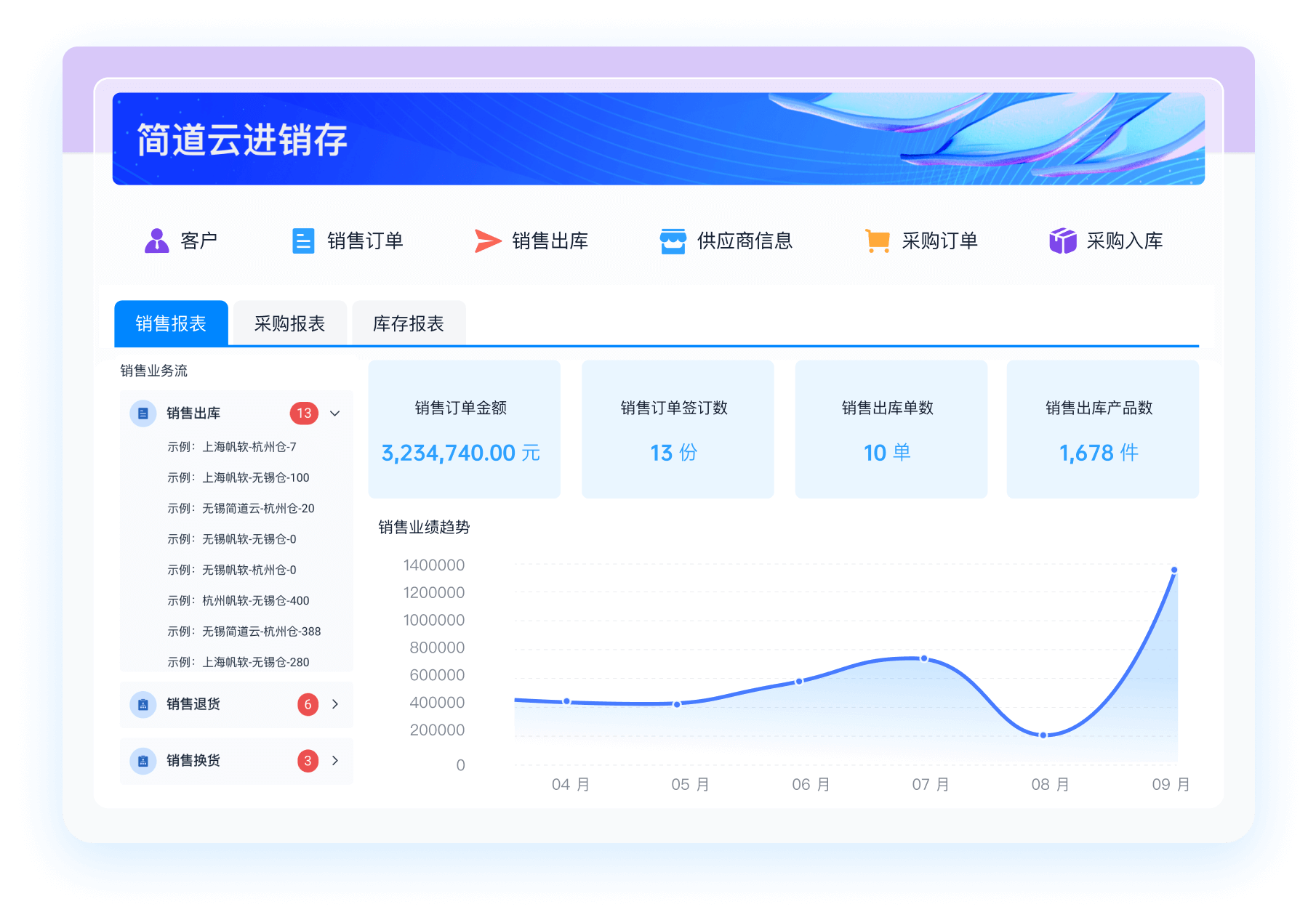
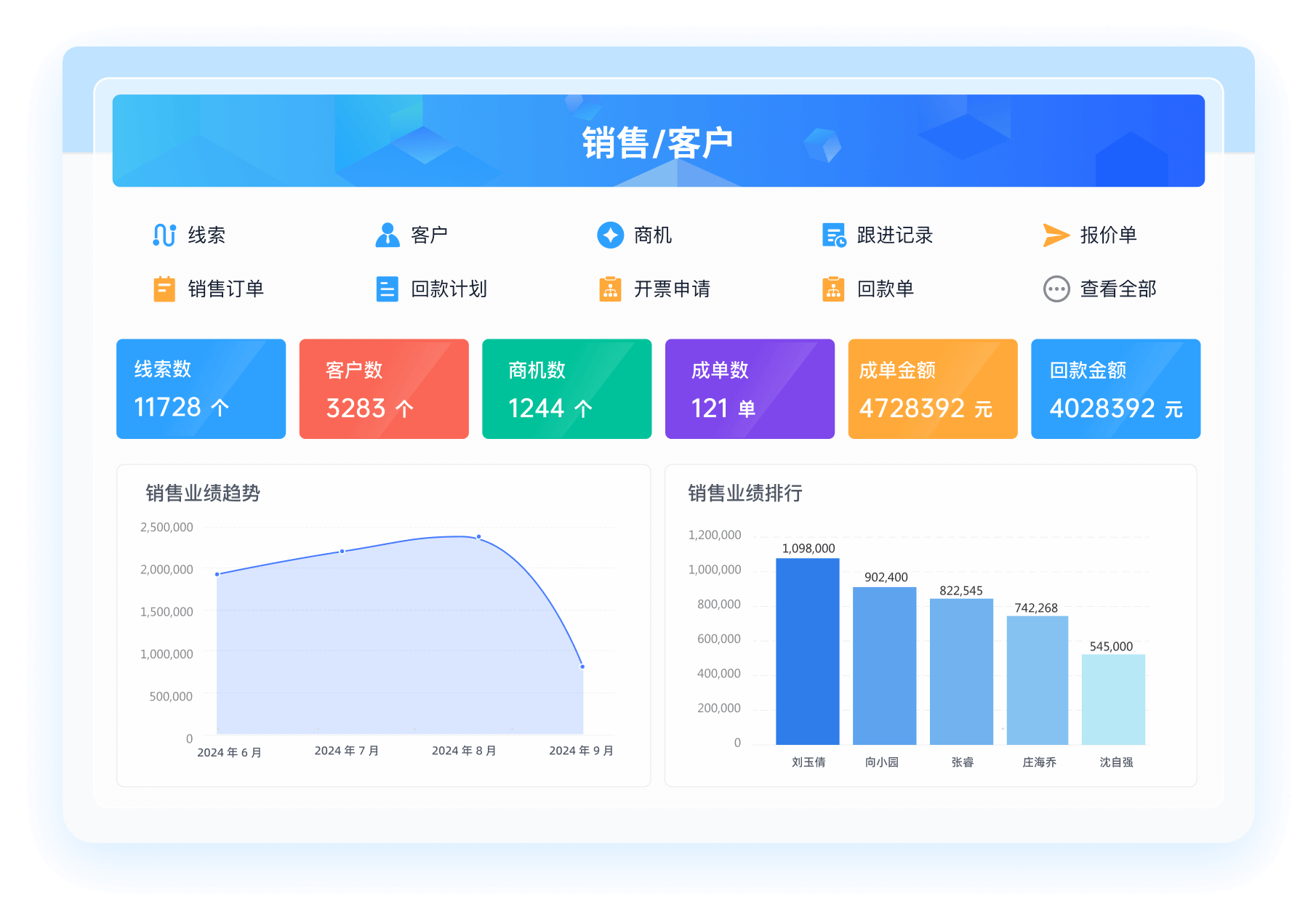
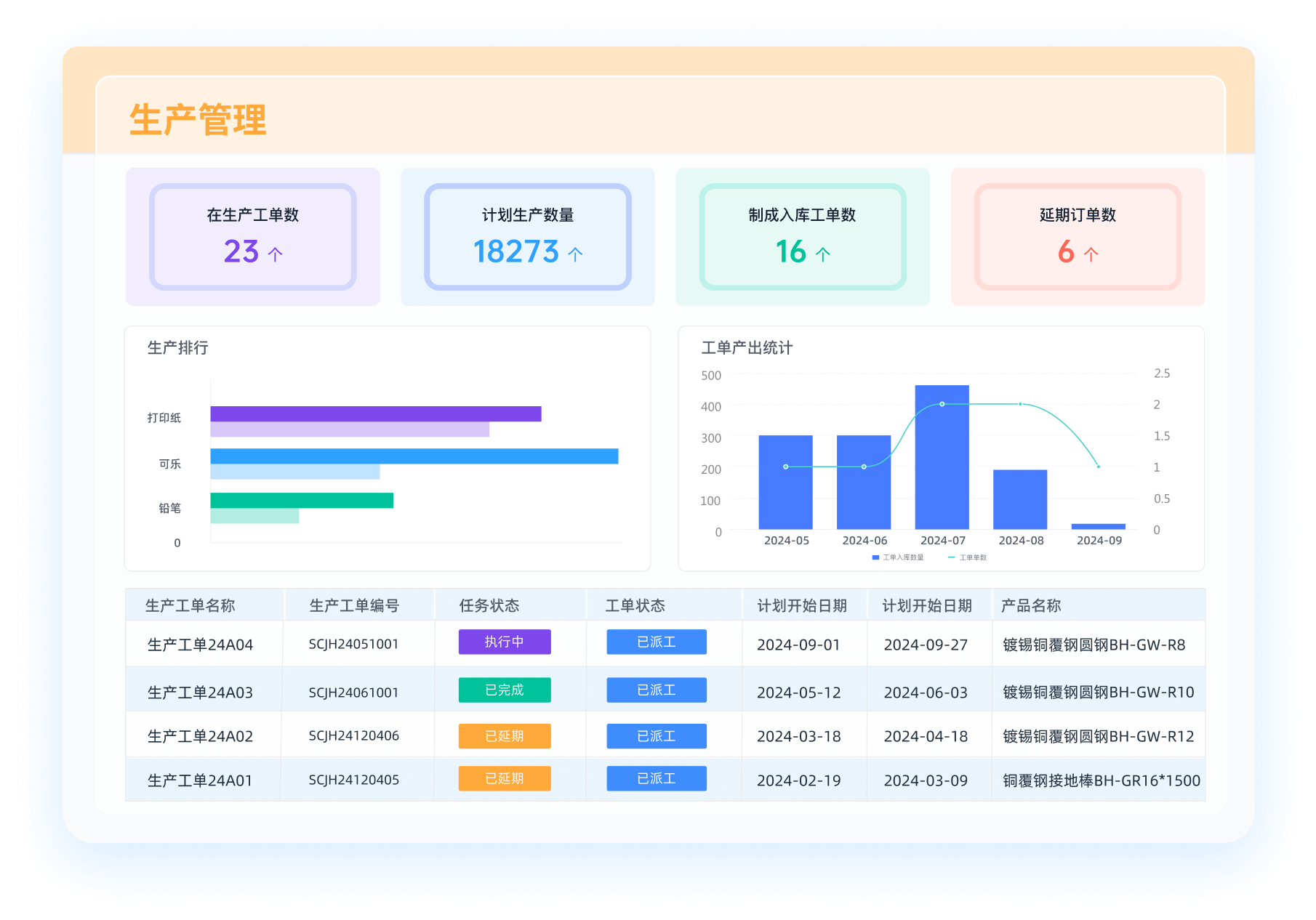
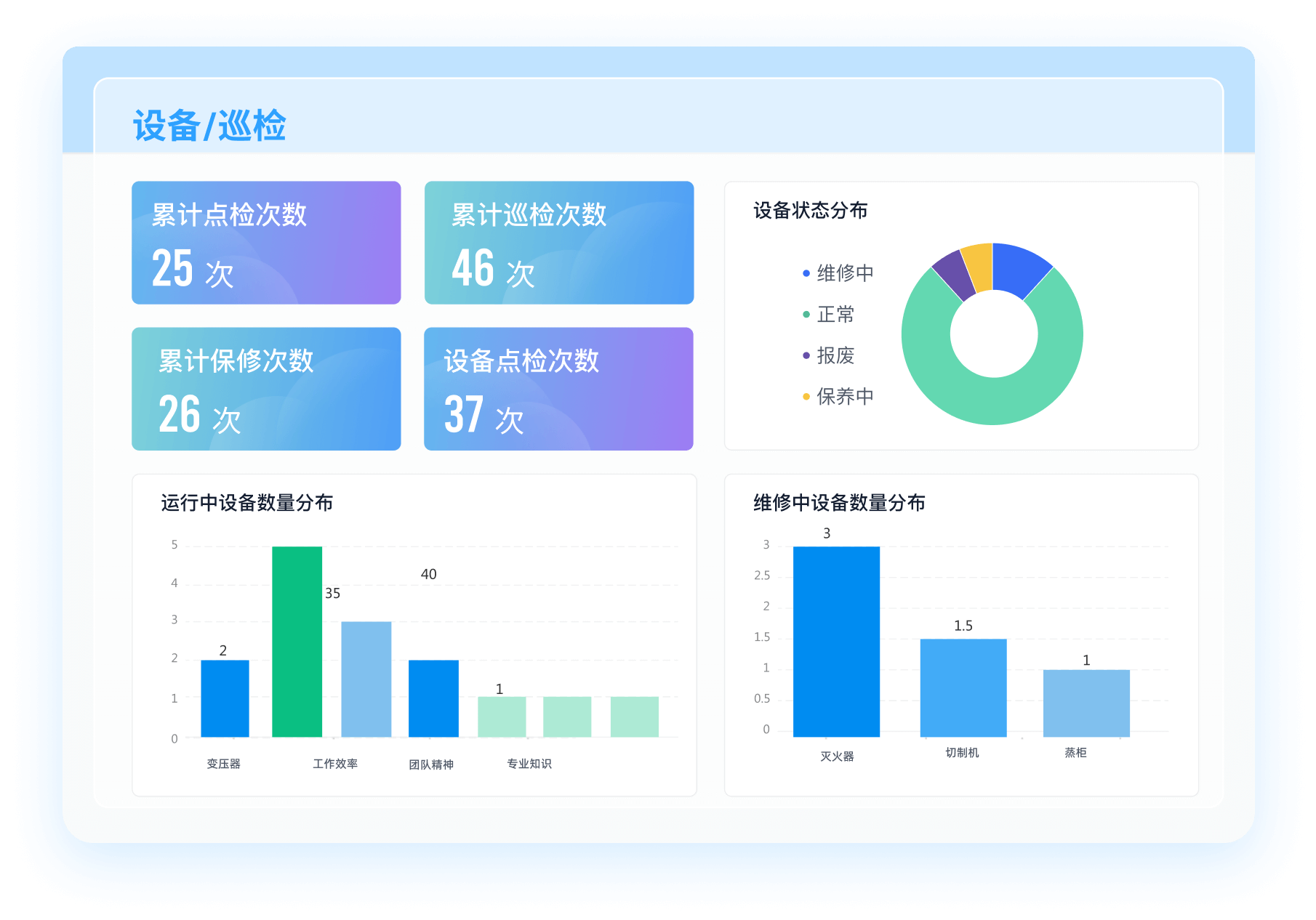
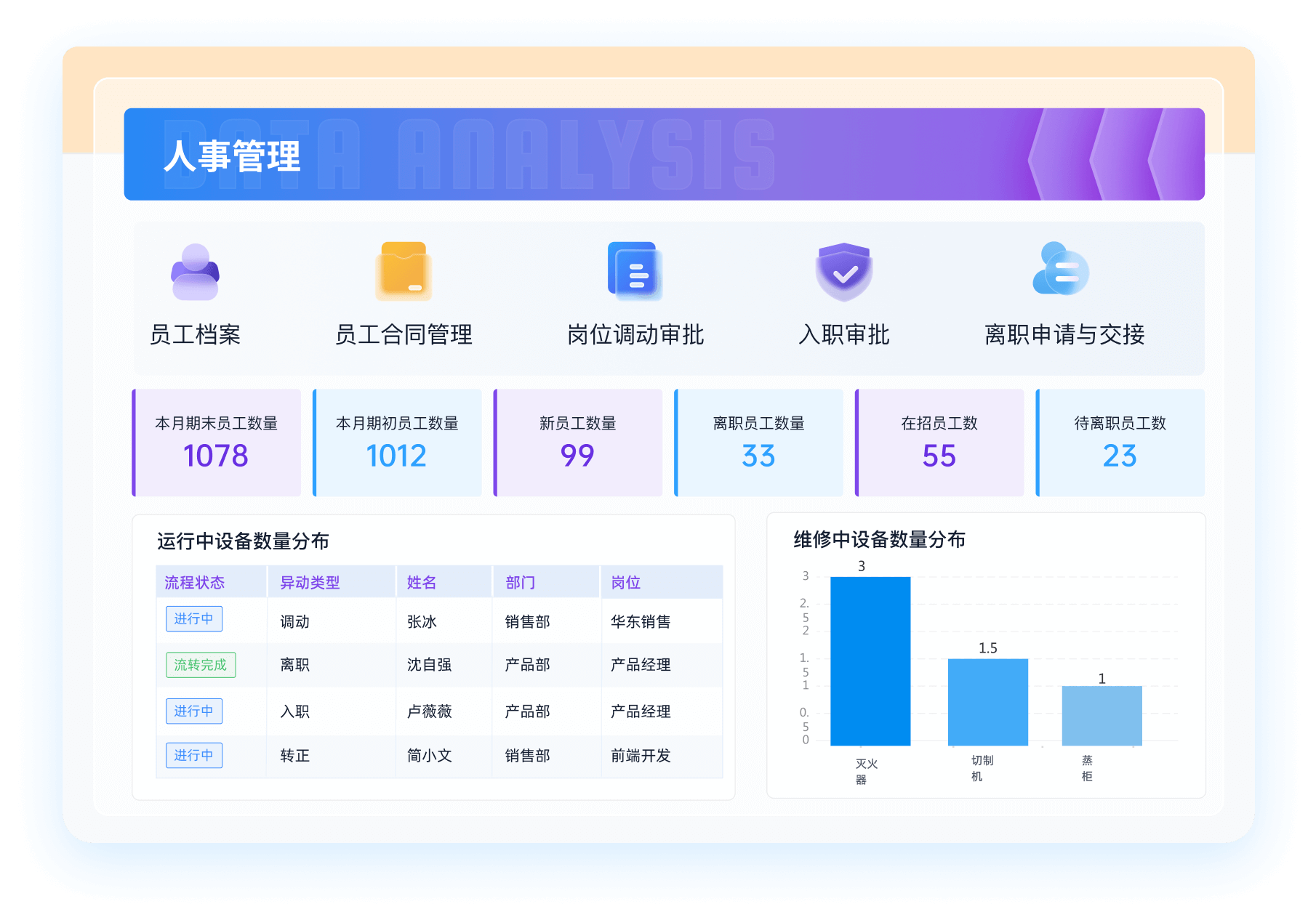
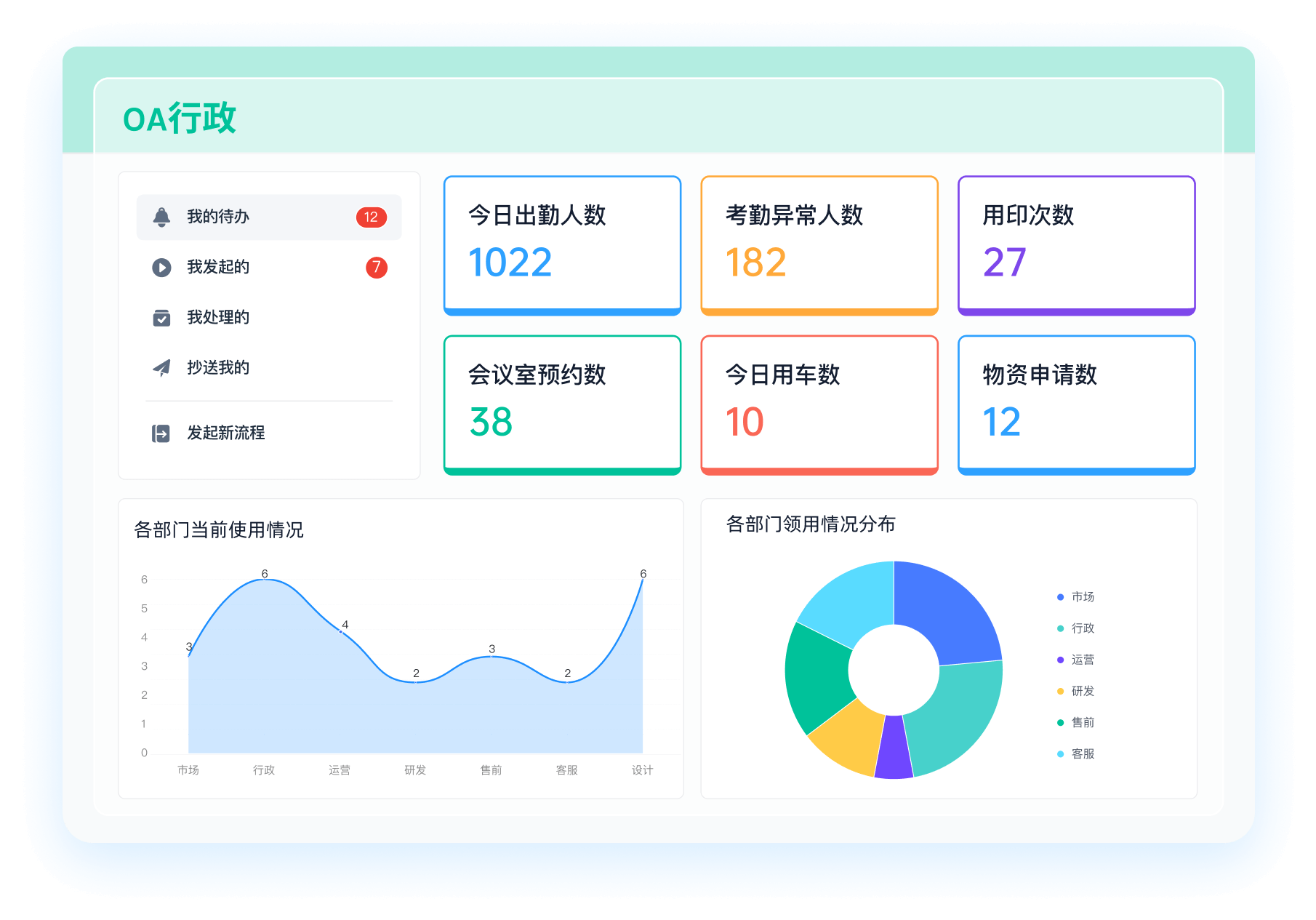
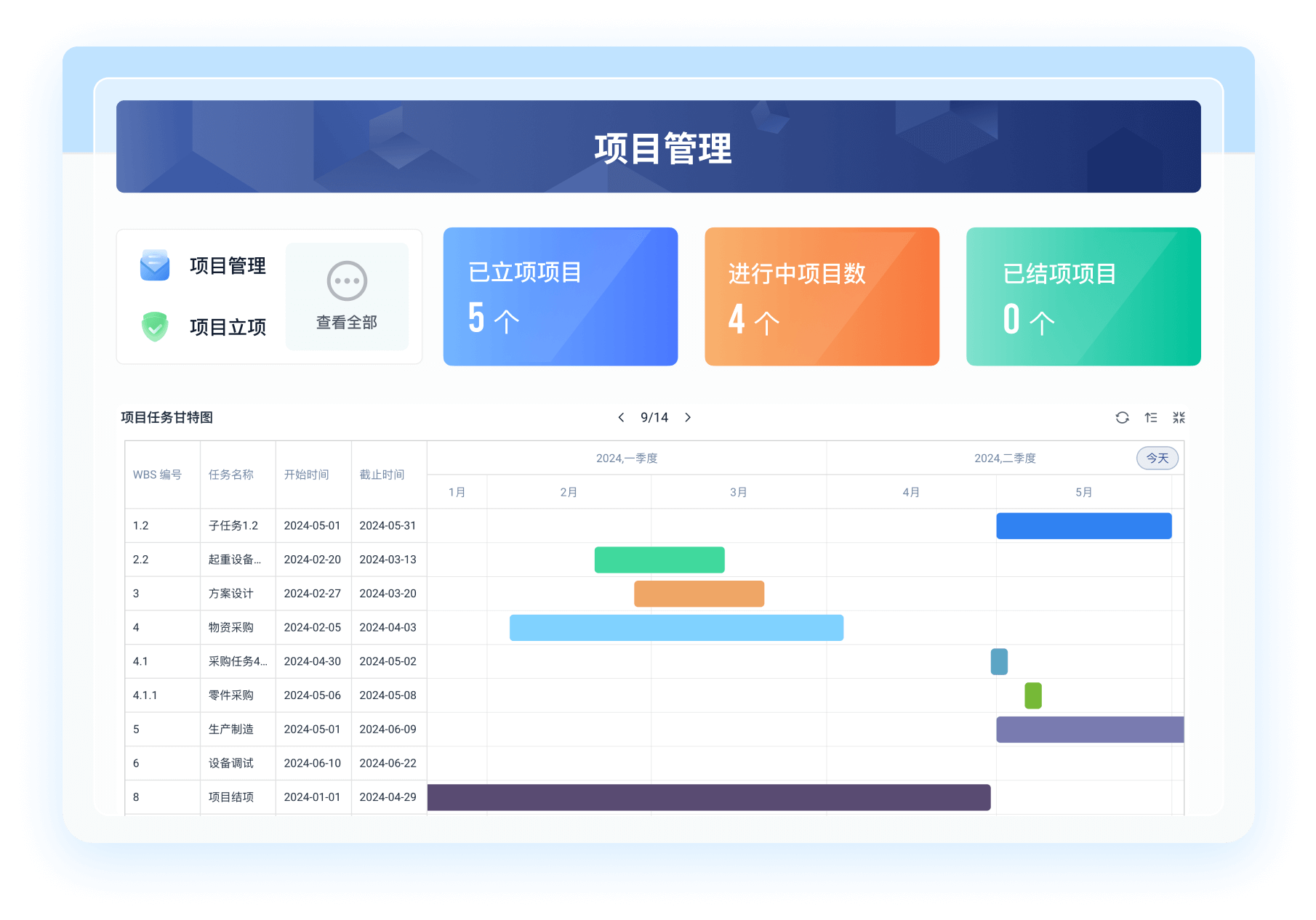
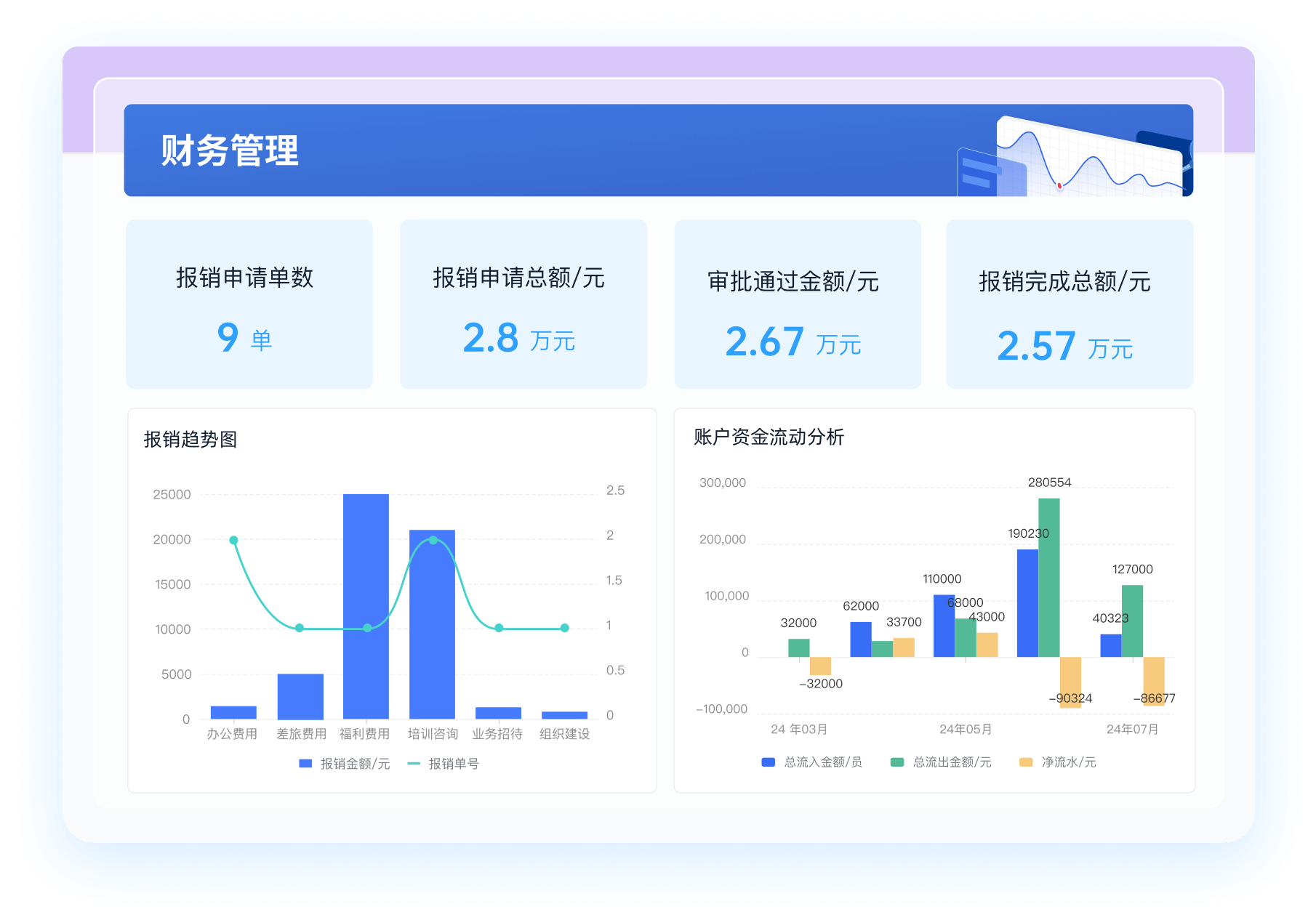
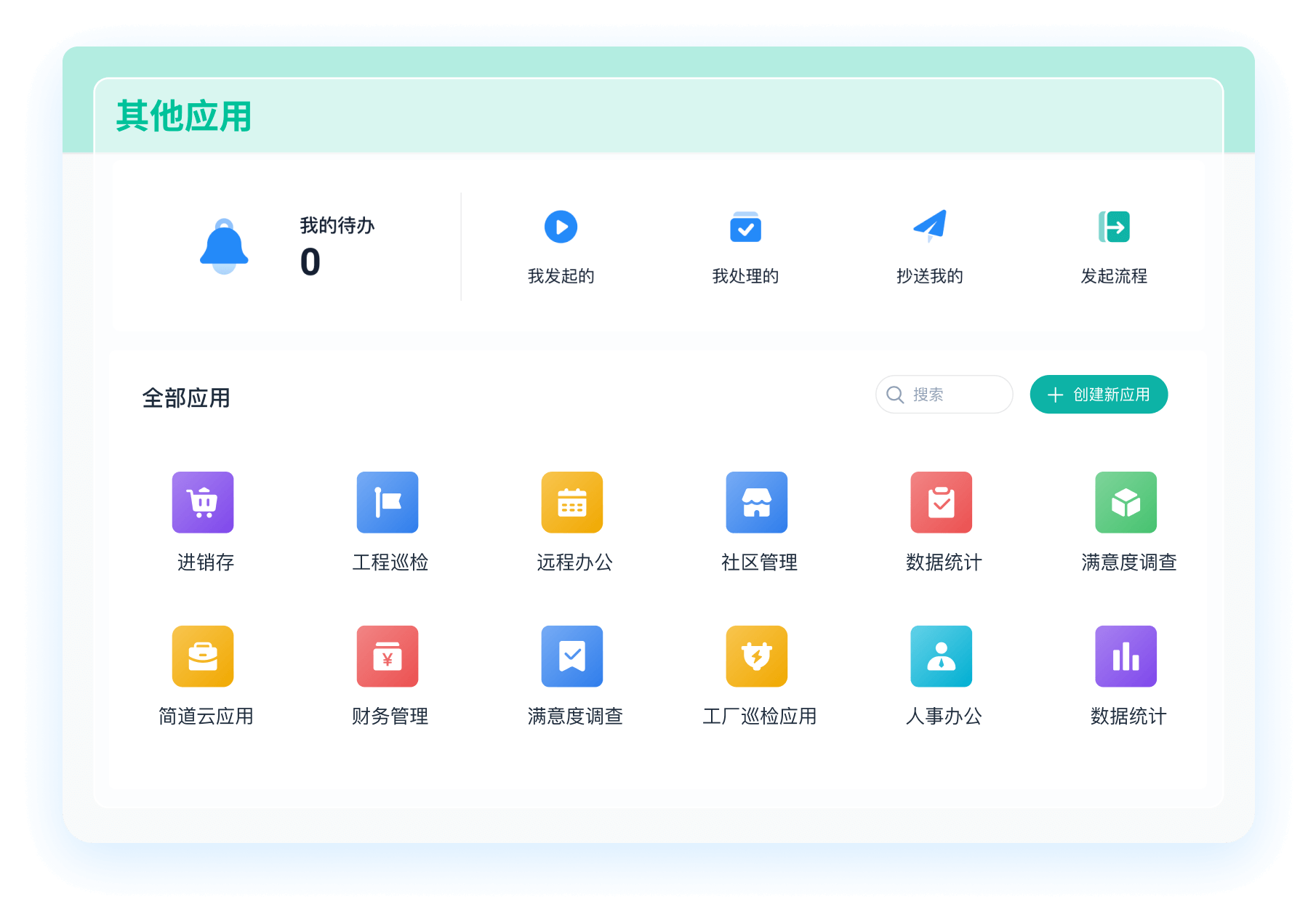
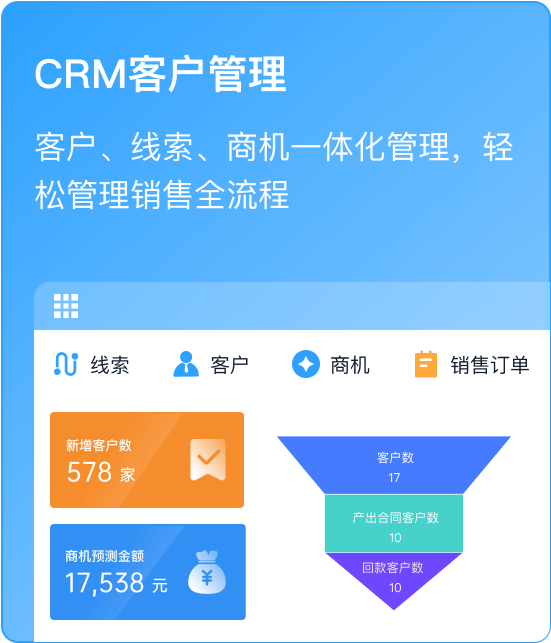
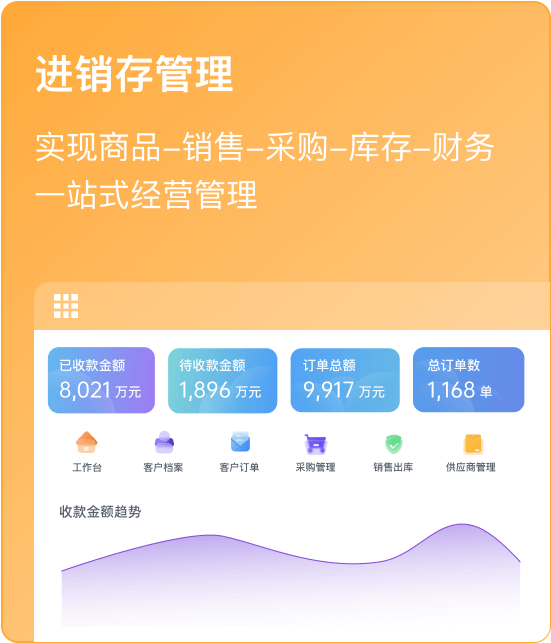
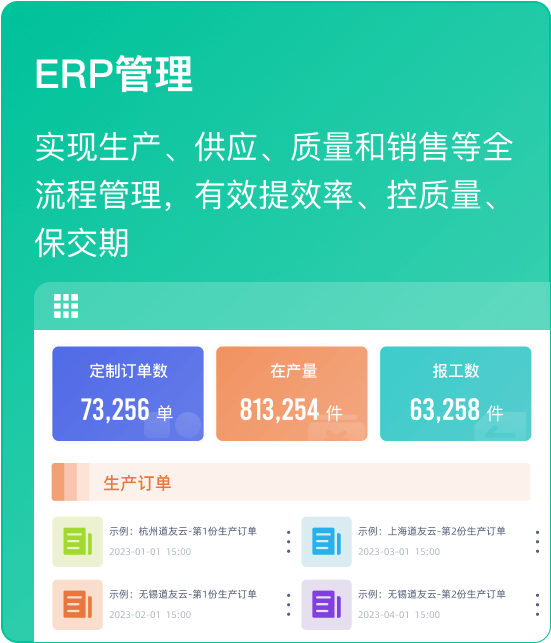
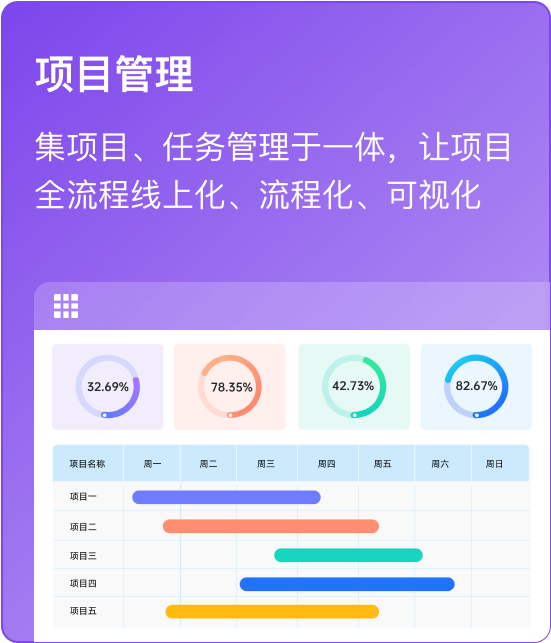
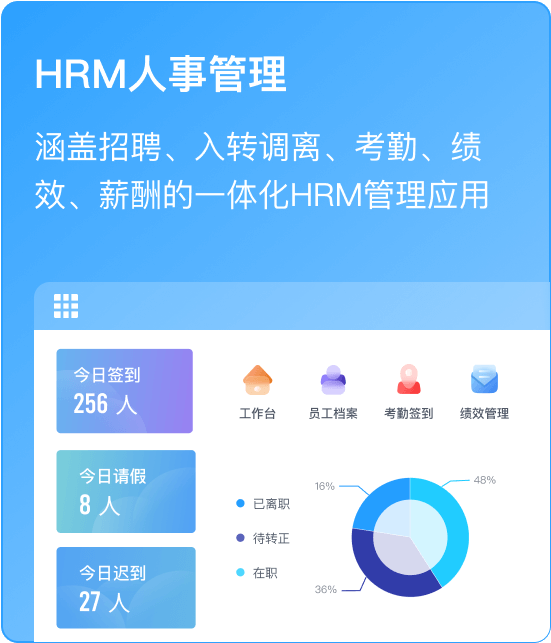
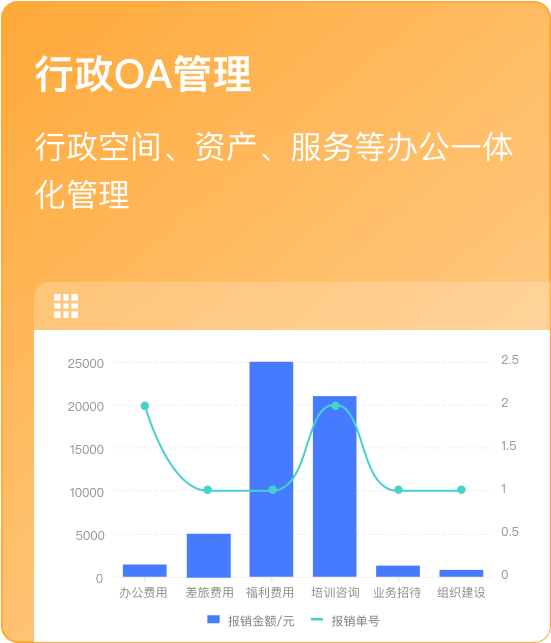

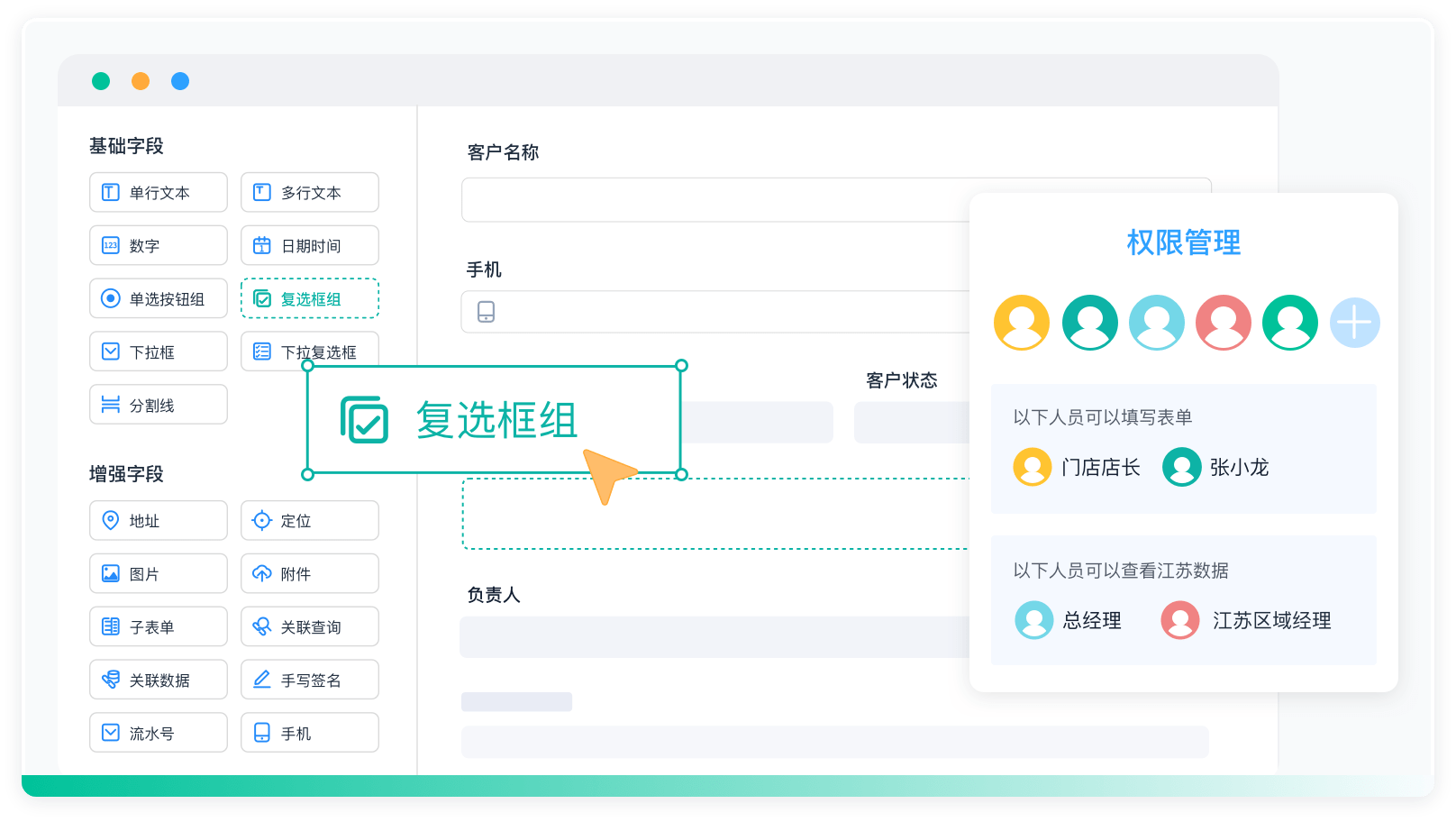
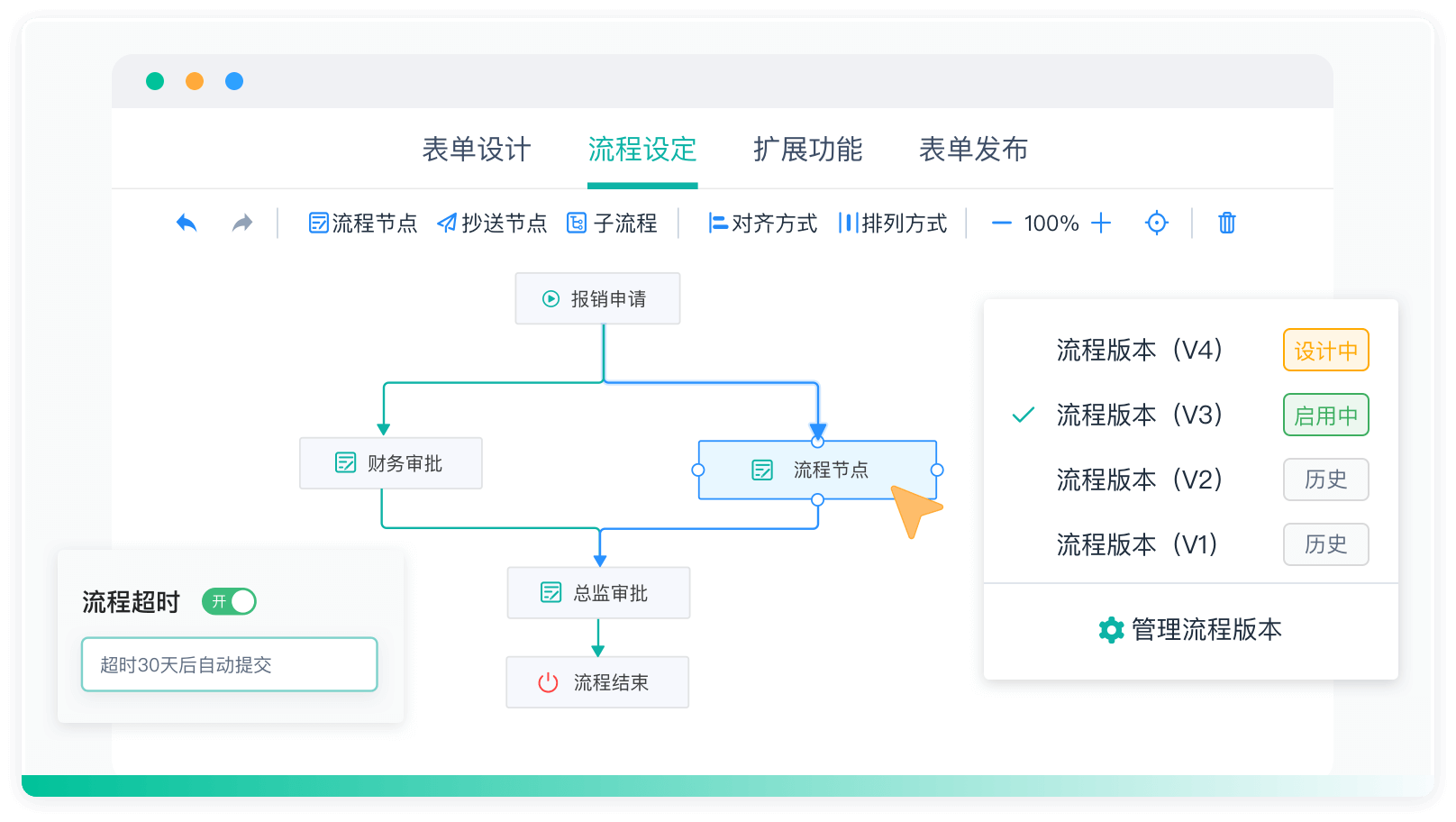
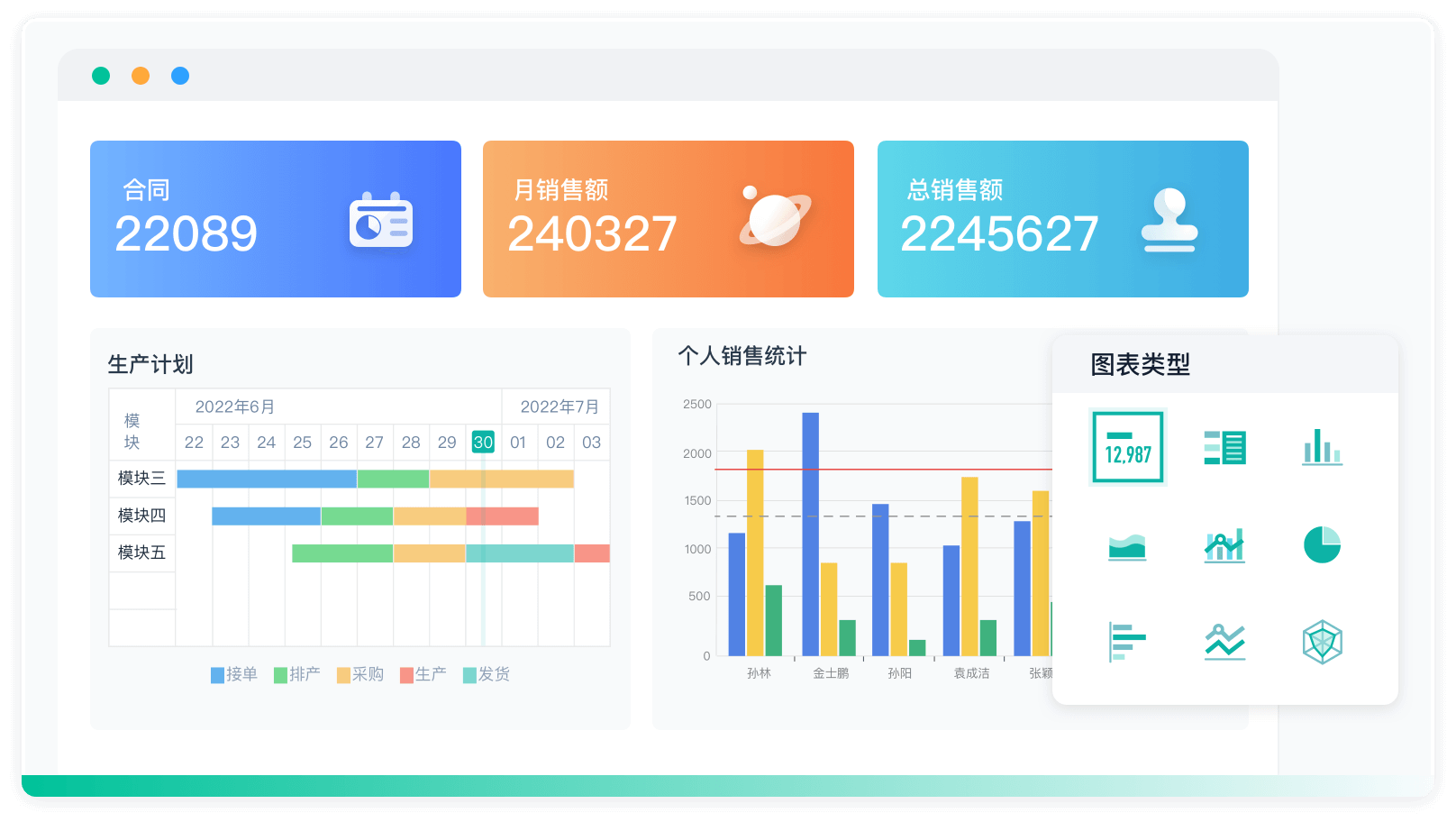
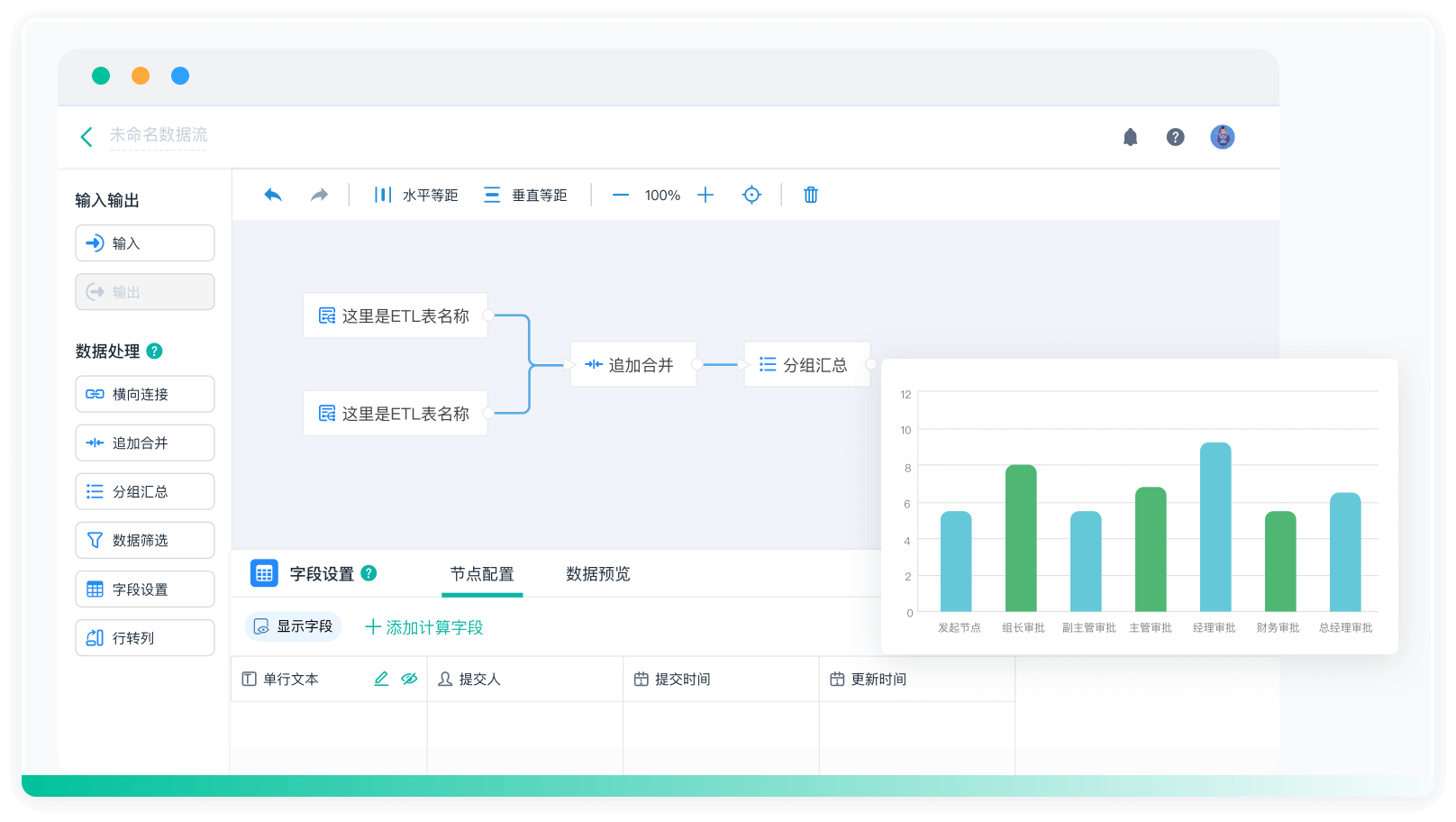
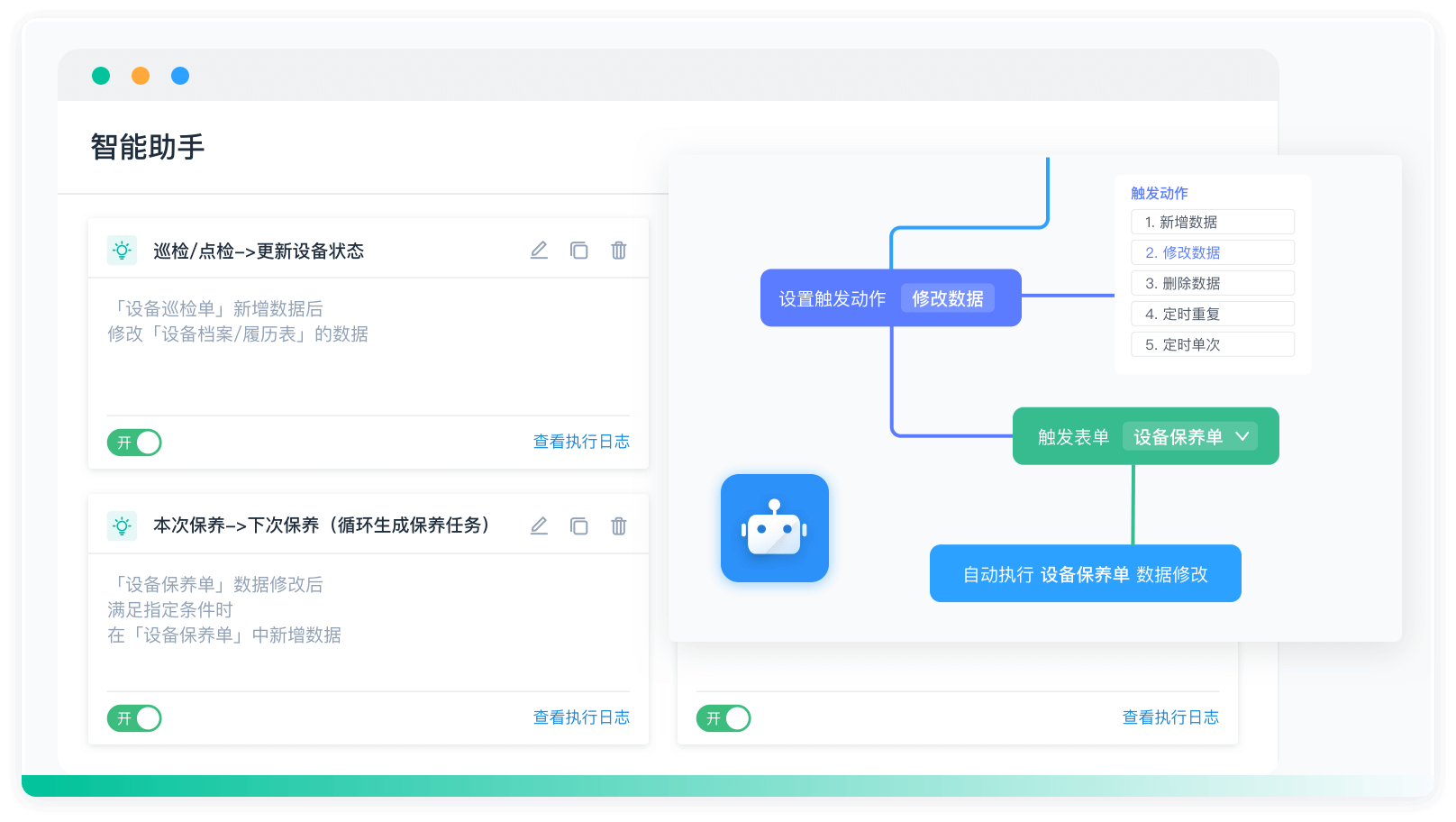
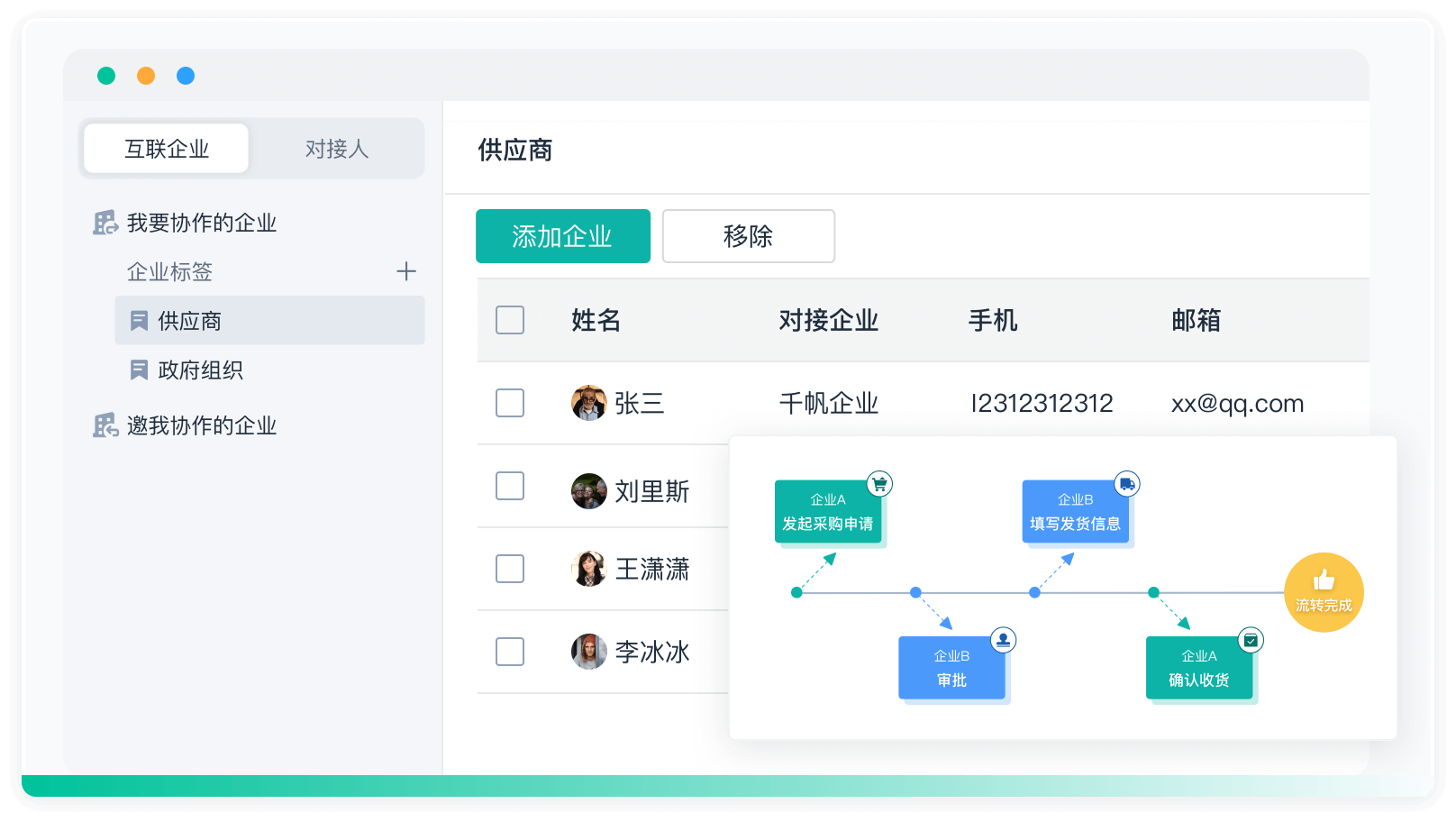
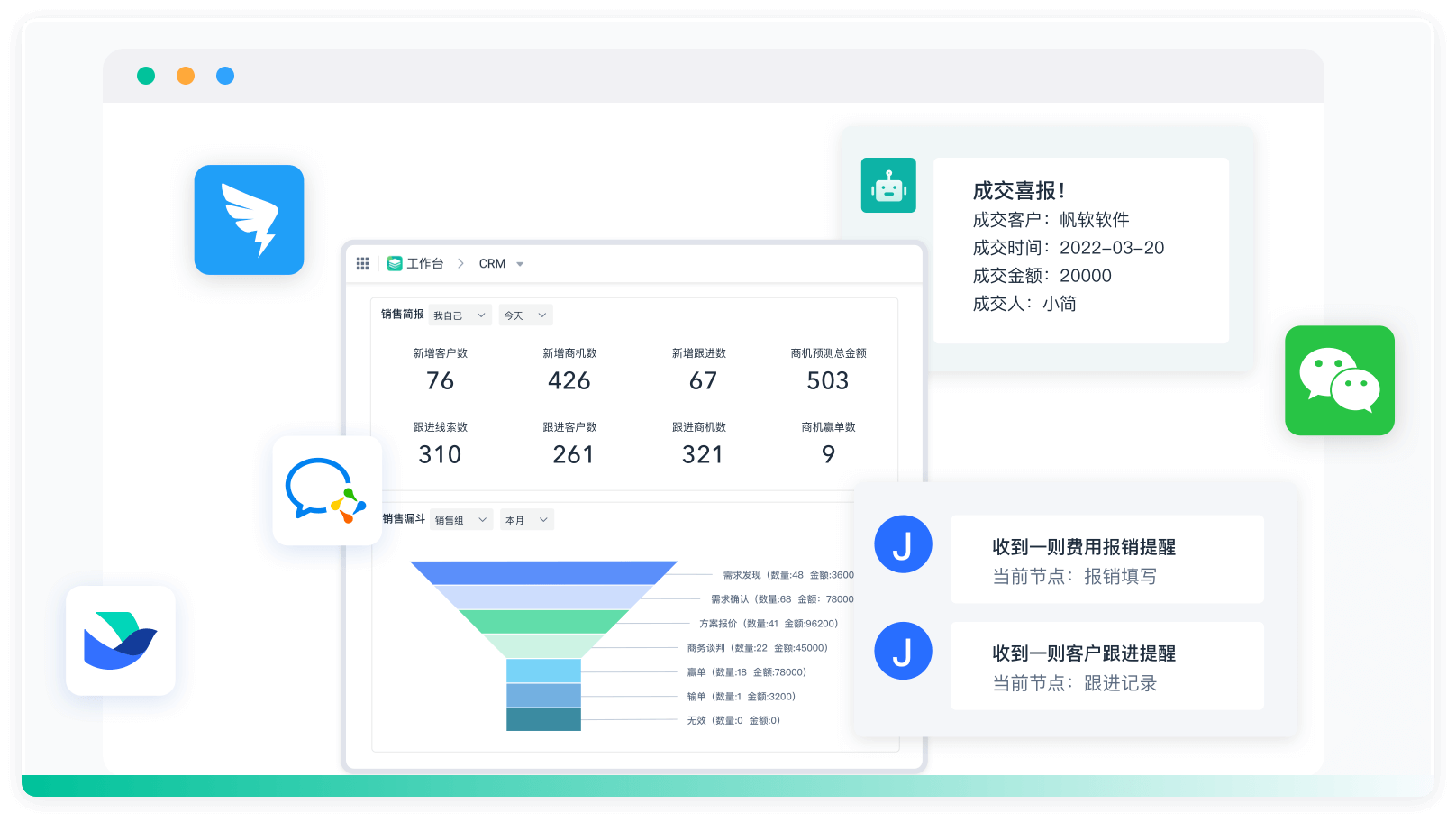




























































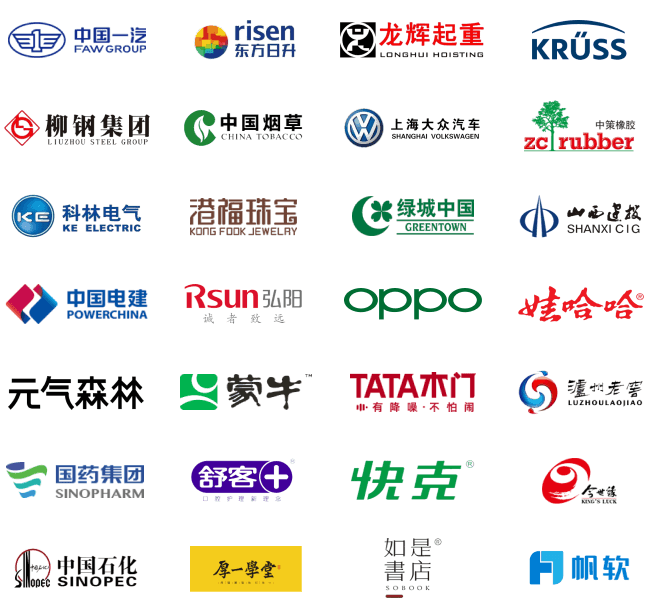
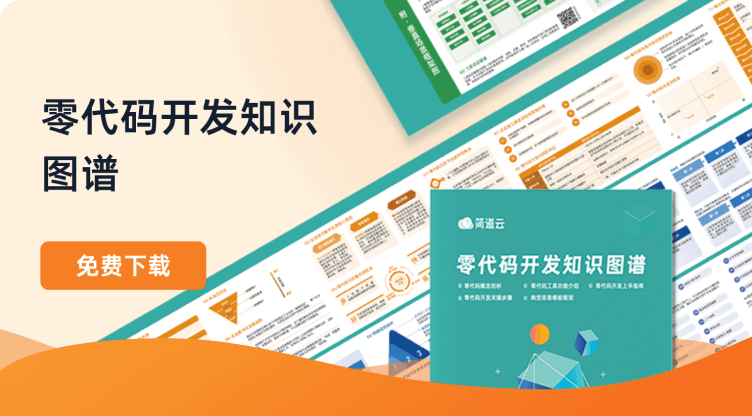 《零代码开发知识图谱》
《零代码开发知识图谱》
 《零代码
新动能》案例集
《零代码
新动能》案例集
 《企业零代码系统搭建指南》
《企业零代码系统搭建指南》









